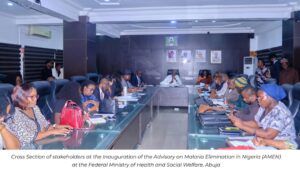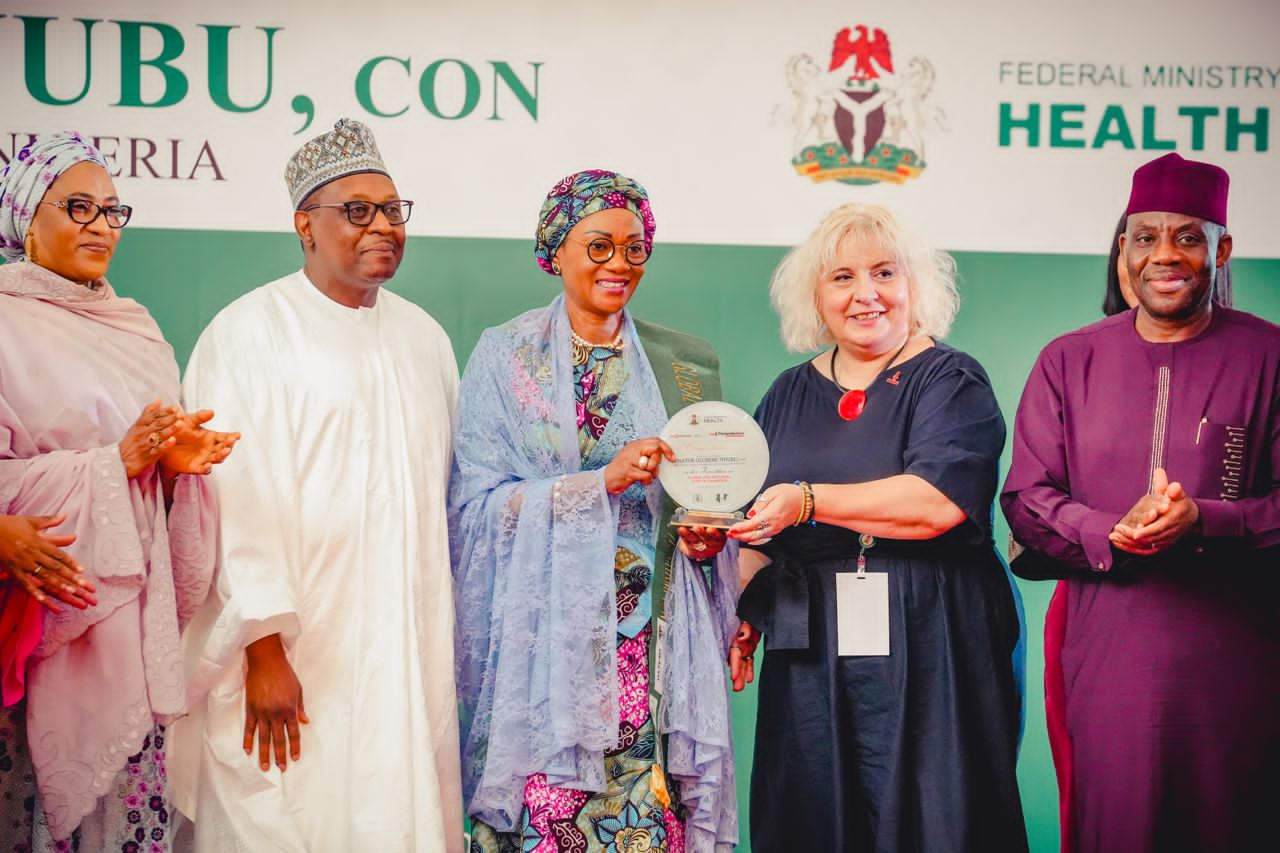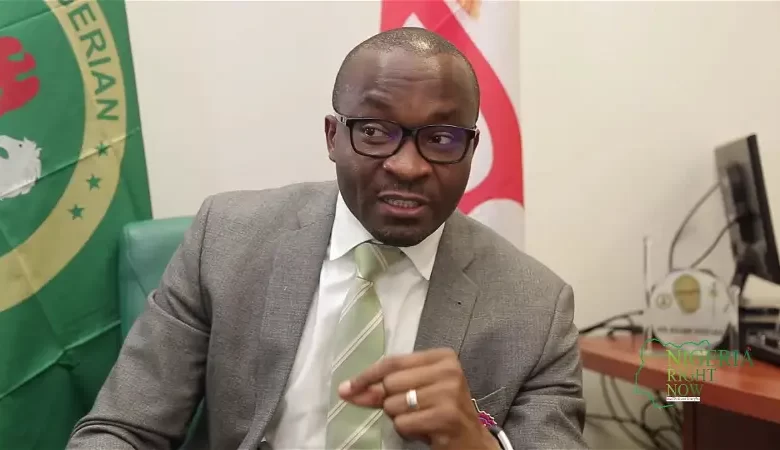
By Fatima Saka
The Federal Government has established the Advisory on Malaria Elimination in Nigeria (AMEN) and the Ministerial Task Force on Malaria Elimination in Nigeria as a significant step to accelerate progress towards eradicating malaria.

The Coordinating Minister of Health and Social Welfare, Professor Muhammad Ali Pate, highlighted that malaria places a substantial burden on Nigeria in terms of mortality, morbidity, lost productivity, out-of-pocket expenses, and government investments in treatments and interventions. Despite being preventable and treatable, malaria remains a formidable challenge for the country.
Professor Pate stressed that there is a need for a shift in strategy from conventional methods to a more proactive and results-oriented approach to combatting this disease.
In light of this, a diverse group of individuals, including academics, malaria program experts, development partners, private sector representatives, civil society members, business leaders, policymakers, and the political elite, were invited to participate in a roundtable discussion aimed at reevaluating the nation’s strategies and approaches to malaria.
He added that this initiative led to the formation of the Advisory on Malaria Elimination in Nigeria (AMEN) and the Ministerial Task Force on Malaria in Nigeria.
The AMEN is chaired by Emeritus Professor Rose Leke from the University of Yaoundé, Cameroon, and comprises esteemed members such as Professor Dyann Wirth from the Harvard School of Public Health, Dr. Soji Adeyi from Resilience Health System, Professor Ibrahim Abubakar from University College London, and Professor Peter Piot from the London School of Hygiene and Tropical Medicine.
Dr. Soji Adeyi said that the Force will provide evidence-based advisory services, conduct regular reviews of program evidence, and offer guidance on aligning with best practices for malaria elimination. Additionally, they will collaborate with the Coordinating Minister of Health and Social Welfare and the Minister of State for Health and Social Welfare to review implementation as needed, with biannual meetings scheduled for this purpose.
He added that the Ministerial Task Force, as explained by Professor Pate, will consist of stakeholders from various sectors with extensive experience in malaria implementation in Nigeria.
“This task force will ensure that the advice and recommendations from AMEN are thoroughly considered, analyzed, and put into practice. Working in conjunction with the Federal Ministry of Health, development partners, donor agencies, and AMEN, the task force will contribute to the objectives of the National Malaria Elimination Program (NMEP), focusing on reducing malaria incidence and enhancing the impact of malaria interventions through coordinated efforts in prevention, diagnosis, treatment, and awareness campaigns.”
The Ministerial Task Force will be co-chaired by the Coordinating Minister of Health and Social Welfare and the Minister of State for Health and Social Welfare, with the Chairman of the Malaria Technical Working Group in Nigeria serving as the Vice Chairman.
Other members of the task force include the Permanent Secretary, Director of Public Health, representatives from WHO, the Secretary of the Country Coordinating Mechanism, GF representatives, members of Civil Society Organizations, the Secretary of the Pharmaceutical Manufacturers Group of the Manufacturers Association of Nigeria (PMG, MAN), the Strategic Adviser to the Honorable Ministers of Health on Malaria, the Secretary of the Governors’ Forum, and the Technical Adviser to the Coordinating Minister on ATM.
The National Coordinator of the National Malaria Elimination Program will serve as the Secretary, with meetings scheduled every 6 to 8 weeks, in addition to other planned gatherings. The Minister also mentioned that membership will be reviewed biennially for renewal or replacement to ensure optimal outcomes.





